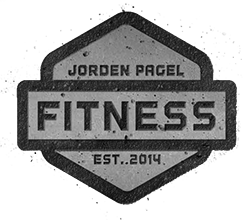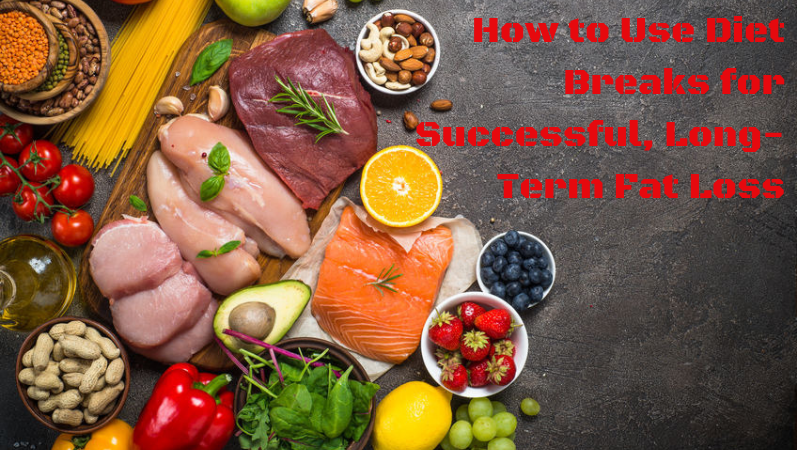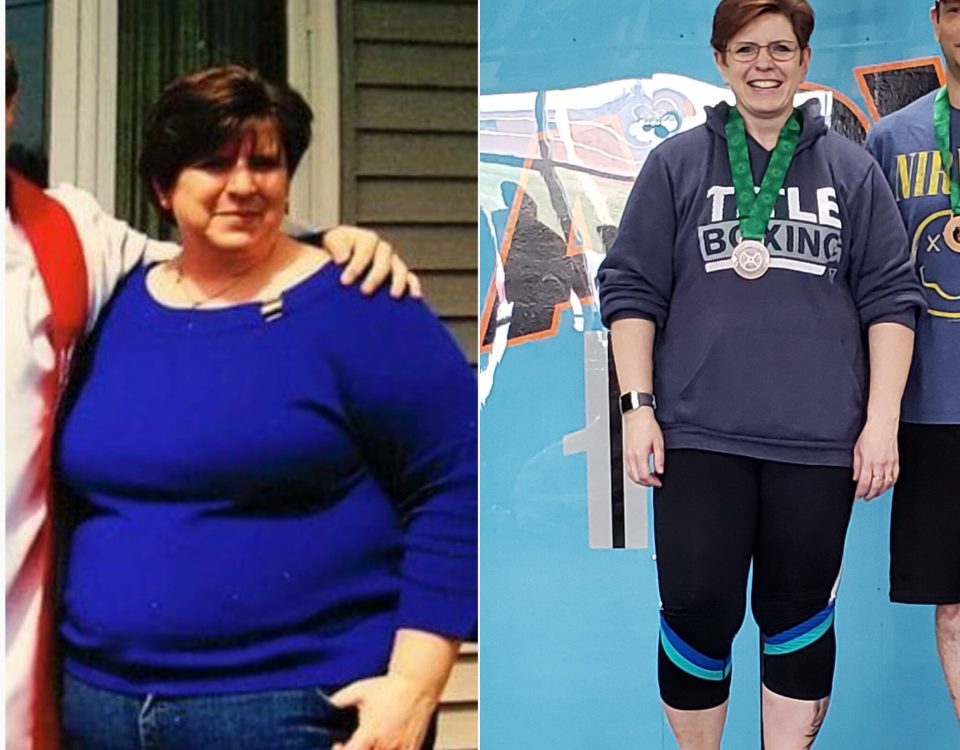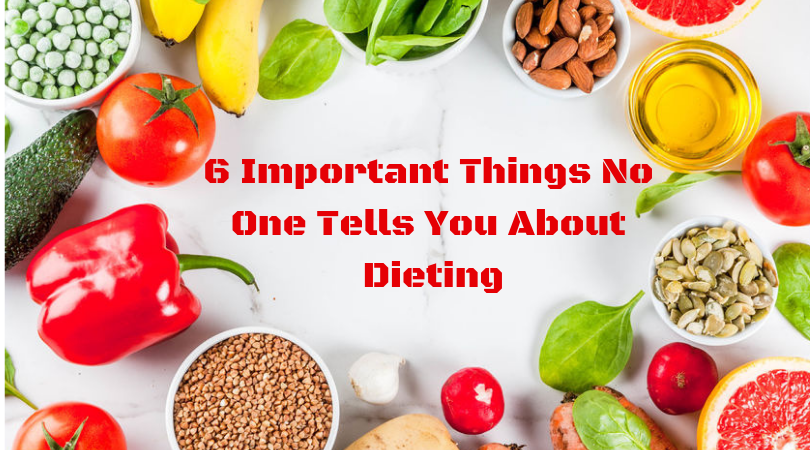The Most Important Lesson I Learned About Nutrition in 2018
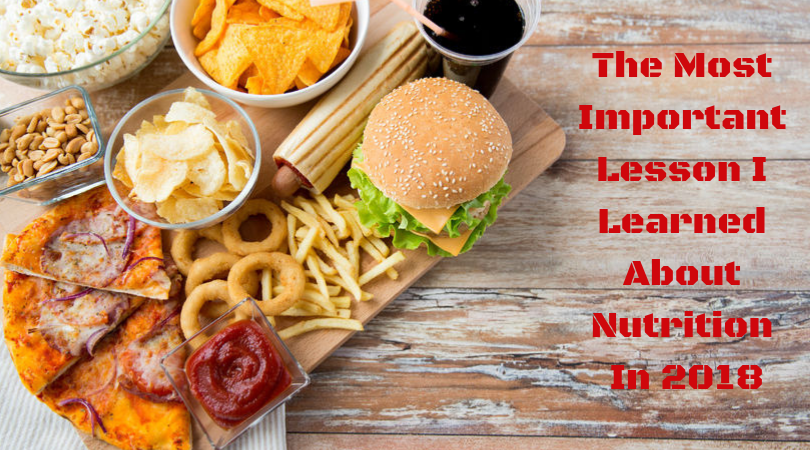
This past year I sought out to accomplish a few fitness goals I had never undertaken – seriously – before: getting more Rhino-Jacked than I have ever been before, followed by a quest to get leaner than I have ever been before, with the intention of doing a photoshoot.
I’m happy to say I accomplished both goals – although not nearly to the degree that I wanted. But I still pushed myself further, both mentally and physically, than I ever have. And the one thing that focusing on both these goals did was really make me examine my – and by extension – our relationships with food.

Having now experienced it for myself, I can say that almost everyone could benefit from a period of controlled, but strict dieting; in an attempt to be really lean. Not saying you have to do it. But I believe it’s can be extremely beneficial. Because it taught me more about nutrition, mindset, and sheer force of will than anything I’ve ever experienced before.
You don’t know the true desire to want to naw your hand off until you diet down for some sort of prep, be it photoshoot or contest or whatever. Most meals are unsatisfactory. You develop desires and cravings for things you’d never usually eat. It’s a very interesting and eye-opening experience.
But probably the most eye-opening thing has to do with what happens after. The after-diet diet, so to speak. My head kept saying, “Yeah, after this is over, I can eat what I want again and not track macros for a while and still look great.”
Which I knew was complete and total nonsense. And yet that’s where my mind kept going. Which got me thinking long and hard about why so many people bounce back after a diet, fail to maintain the progress they made, and keep off the weight they lost.
While on a trip to Vancouver this summer to visit my friend and coach – who is probably one of the smartest, and more importantly, most practical person I know when it comes to training and nutrition – we talked a lot about not only my nutrition, but nutritional philosophies in general.
As a coach, it’s always interesting to get insight into how other coaches view nutrition, as well as how they practice it themselves. During our talks, he revealed to me that he had been eating ice cream every day for the past few weeks, while getting leaner, and in his opinion, being in probably the best shape he’s ever been in.
As you’re reading this, your lie detector might be going off, and I wouldn’t blame you. For months the thought of eating real ice cream – not the fake diet stuff – never even crossed my mind. Yet, twice while I was there, my coach almost 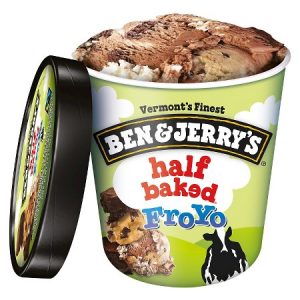 encouraged me to have ice cream. So I did. And I was okay with it, knowing that it wasn’t hurting my progress because I was also still hitting my macros.
encouraged me to have ice cream. So I did. And I was okay with it, knowing that it wasn’t hurting my progress because I was also still hitting my macros.
One of the biggest problems with dieting and trying to lose fat I see is far too many people look at it as a temporary thing. They look at dieting as something you have to do for a short period of time, before getting to eat what you want again.
It’s this thought process that ends up having so many people dieting over and over again – sometimes almost endlessly.
The fact of the matter is, if you want to make meaningful, long-lasting, permanent changes to your physique, you need to make permanent changes to your lifestyle as well.
You cannot lose 5, 10, 20, or however many pounds you want to lose, and then go back to what you were doing before that. Not if you want to maintain the results you’ve achieved.
The problem in dieting, most people think they can make temporary changes to achieve permanent results.
Wrong.
Permanent results require permanent changes. It requires you to change the way you live your life, the choices you make, and probably most importantly, how you look at food.
Dieting inherently paints a negative picture of food – at least the way we’re conventionally taught to diet. If you want to look better, food is the enemy. You need to restrict the amount of food you eat, eliminate all your favorite treats and goodies, and general feel miserable about eating.
While restriction of some kind is necessary for dietary success, it’s this conventional dieting wisdom that leads to both dieting failure, and post-diet rebounds.
Dieting creates such a negative picture that it almost makes us feel guilty for eating certain things; often our favorite foods. And it’s this guilt that often leads to binges, slip-ups, and overall “Fuck it” attitude.
But here’s the thing: Indulging in our favorite foods SHOULD be part of any diet. I’d go so far to say that doing so is required to make any diet successful for most people.
However, dieting creates such a negative image around food that if we do indulge, we feel like we’re doing something wrong; or that it’s something we only get to do once, so we better eat everything in sight, and shovel everything in our mouths that we can – like the candy store is having going out of business sale and everything must go, but you can only take what you can carry in your mouth.
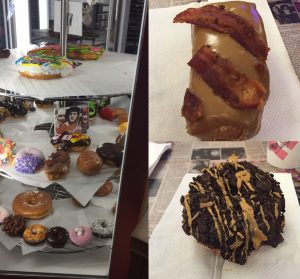 The biggest problem with mixing dieting and indulging is a lot of us indulge like we’re never going to be able to indulge again…until a week or two later when we do again. Instead of just enjoying a modest amount of what we want and being okay with it, we gorge ourselves, feel guilty, ashamed, and that we failed; leading to more frustration and failure. It’s a vicious cycle.
The biggest problem with mixing dieting and indulging is a lot of us indulge like we’re never going to be able to indulge again…until a week or two later when we do again. Instead of just enjoying a modest amount of what we want and being okay with it, we gorge ourselves, feel guilty, ashamed, and that we failed; leading to more frustration and failure. It’s a vicious cycle.
The biggest lesson, and subsequent habit, we need to learn about dieting is how to gently tap the breaks when we want or need too, instead of slamming our foot down and smashing our face into the steering wheel.
What does that look like in non-metaphorical terms? It’s fitting a scoop or two of ice cream into your macros.
It’s practicing intermittent fasting all day, so you can go out for dinner and drinks without having to worry about eating too many calories.
It’s being okay with going over to some else’s place to eat, and simply just not eating like a complete buffoon.
It’s learning to listen to your body, and not push yourself past that level of comfort.
Most importantly, though, it’s learning how to do all those things, and then take your foot off the brake the next day, or the next meal, and get moving in the right direction again.
And much like the first few times you drove a car, it takes some practice to learn how to gently press down on the brake and gradually slow yourself down when you need to; rather than stomping on it, and sending everyone in the car lurching forward.
Dieting is temporary, but nutrition is for life. And if you want to make your diet results last for life, you need to learn how – and more importantly that it’s okay – to let yourself drift in one direction. Because if you drift too far, you can always use the tools and habits you learned while dieting to get yourself back in the lane you want to be in.
Want to know how you can build a lean, chiseled physique, without living in the gym or being controlled by your diet? Learn how my clients are shedding fat, building muscle, and doing it on their terms while living their lives.
